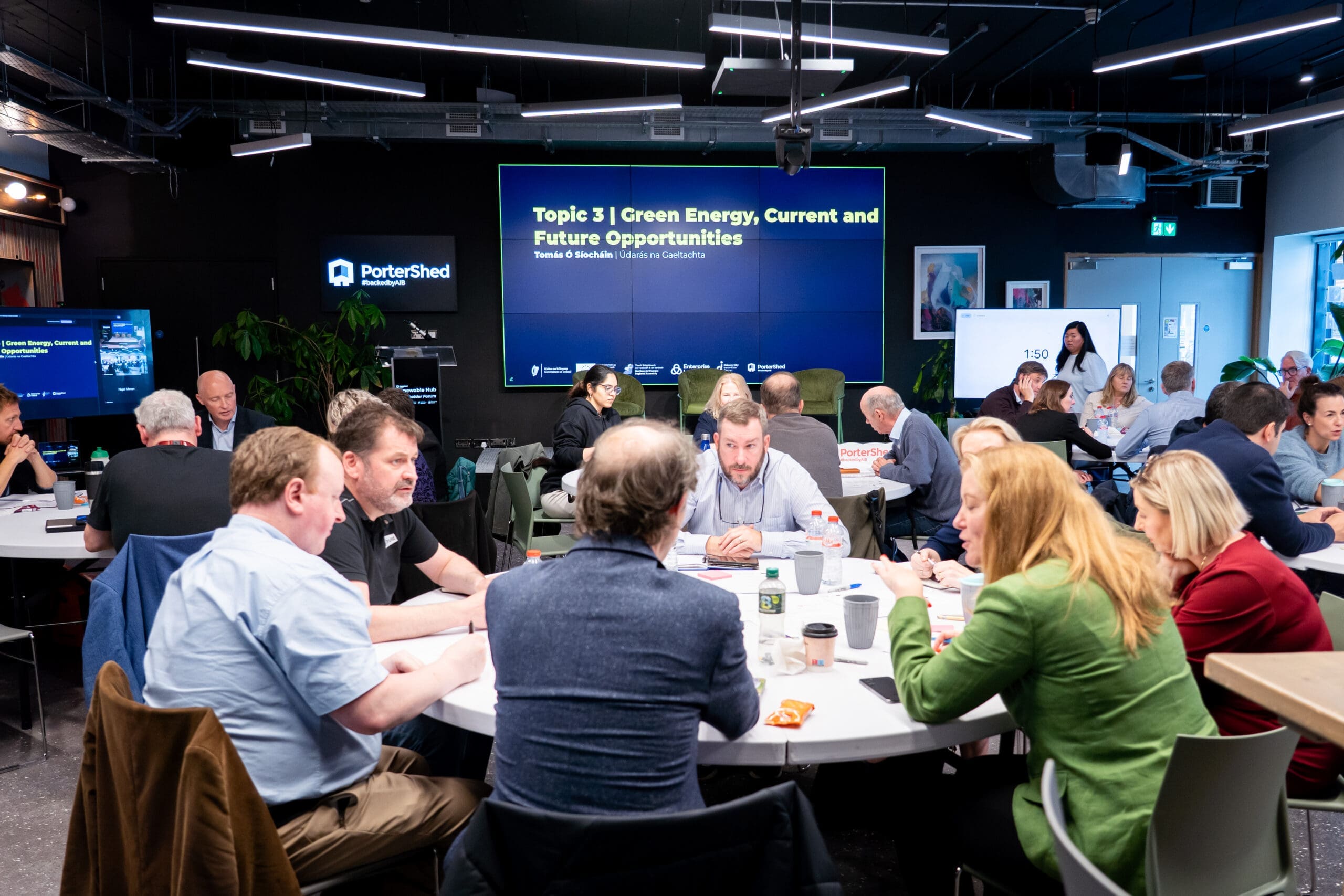In today’s digital age, revolutionary technologies are reshaping various industries and aspects of our lives. One such technology that has gained immense attention is blockchain. At first, known for its association with cryptocurrencies like Bitcoin, blockchain has evolved far beyond digital money. In this blog post, I interview Christopher Sharp, the Chief Technology Office of Blockdaemon to explore what blockchain is, how it works, and its potential to change the world.
Firstly before asking any questions about Blockdaemon and Chris’ job I wanted to know what blockchain is from an expert. “It is like a spreadsheet with lots of data – like how much money you have in an account.. The difference between a regular spreadsheet and blockchain is that updates to the data in the spreadsheet can happen on anyone’s computer. If one computer gets hacked, the entire system rejects invalid bad data and prevents what is called the double spend problem from ever happening. Once data is written to the spreadsheet it can never be changed.”
After that great explanation from Chris it only left me wanting to hear even more from him. Next I wanted to learn about the role of Blockdaemon and his specific contributions within the organisation. “Blockdaemon makes it easy and safe for large companies to connect to 60+ blockchain networks. My role at the company is to make sure we build truly wonderful products that our customers love and trust.” This is when I started to truly realise the potential of blockchain so I wanted to find out what Chris thought the capabilities of blockchain were and how he envisions enriching society’s future. “Blockchain technology makes things more fair, more democratic, and ultimately more inclusive. Blockchain technology touches many aspects of society, including how we vote, pay, interact in physical and digital spaces, show provenance, lend/borrow, and truly own digital assets, to name a few.”
So far it sounded like blockchain was too good to be true so I had to ask what the true advantages and disadvantages of using blockchain in various industries are. “Immutable and trust-less are key benefits where throughput and scalability are areas of ongoing research. In some cases, the very benefit of transparency is undesirable in some cases where data for fairness reasons must remain private – think of an order book that matches buyers and sellers. Having too much information too soon could be seen as a negative and allow participants to game prices.” On a similar note I wanted to see what Chris thought potential challenges and obstacles may be for blockchain technology and of course, if there were any solutions to avoid them. “Scalability. Layer-2 networks and the low-level details of how data can be leveraged, trusted, and ultimately shared with slower layer-1 networks is an area of active development.”
Of course everything sounds great so far but how safe would your data be when saved with blockchain? To find this out I needed to know the security measures and protocols in place to ensure the integrity and immutability of data stored on a blockchain? Alongside this I felt like people should know if there are any regulatory or legal considerations that organisations need to take into account when implementing blockchain technology? If so, how would you navigate these challenges?“ Some of this is intrinsic to the low-level data structures that are commonly used in blockchain networks, namely the merkle tree. Companies should always strive to be compliant with local regulations. Blockchain technology does not really change things companies should consider compared to more traditional approaches.”
After bombarding him with all these questions I asked him some more casual questions. First I wanted his favourite thing about Galway and he responded simply with “ Music”. I then asked him for his advice for a young entrepreneur trying to get into the world of blockchain. “ Pick an area of interest and find open-source projects in that space. Read blogs etc and the source code. Build. Build. Build. Participate in the communities, folks are generally really really helpful.”
Blockchain technology has transitioned from its association with cryptocurrencies to a versatile tool with the potential to reshape multiple industries. Its decentralised, transparent, and secure nature has paved the way for innovative solutions in supply chain management, healthcare, voting, and more. However, challenges remain, and widespread adoption hinges on addressing scalability, energy concerns, and regulatory frameworks. As we move forward, blockchain’s impact is poised to be felt far beyond the digital currency realm, transforming the way we conduct business and interact with technology.
Article by Ferdia Breslin – PorterShed Community Associate Intern.
Ferdia Breslin initially joined the PorterShed as a Transition Year student in 2022, immersing himself in our vibrant community. His enthusiasm and dedication were evident, leading him to return as a Summer Intern in 2023. As he prepares to head back to Coláiste na Coiribe school in September, we extend our warmest wishes to Ferdia for a bright and successful future ahead.


